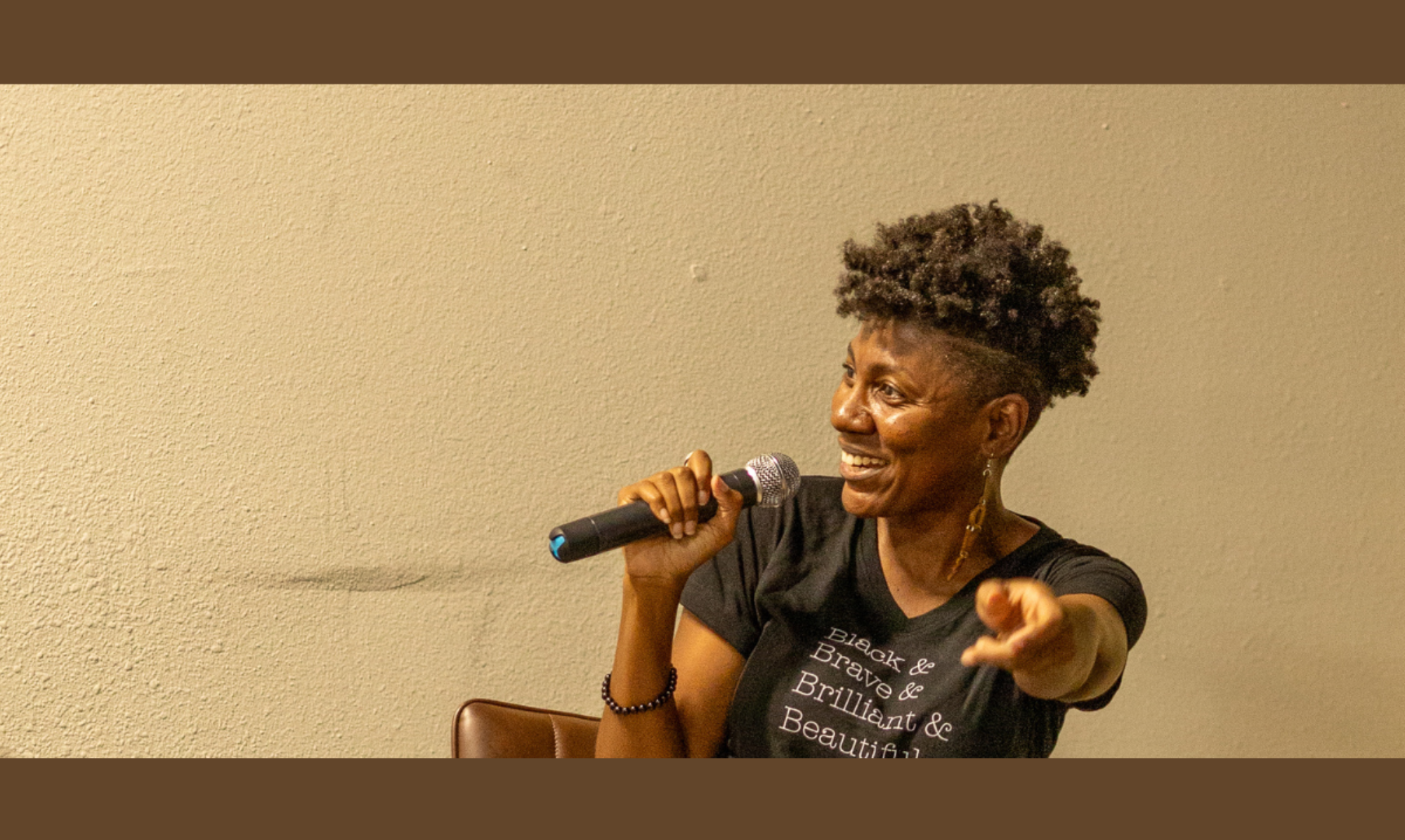Sometimes, colorism is very subtle. Other times, it’s glaring us in the face. That’s when colorism is expressed as an explicit prejudice.
Watch, Listen, or Scroll to Read:
Many people have heard of “implicit bias,” which refers to the unconscious prejudice that we aren’t aware of. I’ll talk more about that next week.
But I want to start with identifying and understanding the explicit prejudice of colorism because 1) it’s easy for people just learning about this issue, and 2) we must remember that many people consciously choose colorism.
I’ve observed people trying to pacify themselves by saying “folks don’t know any better,” or “they’re just ignorant,” and “they don’t mean anything by it.” They do the same with race and other issues as well.
It’s as if there’s a desire to believe in universal innocence, (and the assumption that ignorance equals innocence is a different conversation). I also sense that it soothes their discomfort with the idea of oppression and systemic marginalization. And I’ve also seen people use it as a way to be okay with remaining friends/friendly with people who perpetuate harm.
But, let’s be real.
There are countless people who know good and well what prejudice and discrimination is and looks like, and they energetically engage in it. They delight in tearing others down. They willfully exclude others.
Oftentimes doing so gives them clout with others who are similar, or they can only feel big by trying to make others look small.
Examples of Colorism as Explicit Prejudice
As I write this, I keep thinking about those TikTok and YouTube “smash or pass” type of videos that rack up hundreds of thousands of views because of the sensationalism of Black boys dissing Black and dark-skinned girls.
But long before TikTok and even before YouTube, it was not uncommon to hear people make an explicit diss about someone’s dark skin tone.
As one dark brown Black girl said to me once: “Ew, you’re so Black!”
I considered typing out other specific examples, but I don’t want to perpetuate those negative images that have been so damaging to us for generations.
But beyond that kind of explicit name calling or dissing by youth, I also keep thinking about the explicit prejudice of adults. Those who invented and used the brown paper bag test, the blue vein test and blue vein societies, the comb test, and those who self-segregated from dark-skinned Black folks, told their kids to stay out of the sun and not to play with those Black kids, told their children to marry light or white, showed favoritism to the light-skinned family members while being mean to darker-skinned family…
So many explicit examples.

Roots of Explicit Colorism
These type of people willingly adopted prejudiced and discriminatory attitudes and behaviors because, yes they were brainwashed in a white supremacist society, but also because it benefited them.
For the Black boys, including the dark-skinned ones, who diss Black girls, especially dark-skinned Black girls, they benefit via the patriarchal hierarchy. As men, they implicitly understand that they can gain clout or leverage by stepping on dark-skinned black women and girls. What they miss, though, is that in doing so they also make themselves the footstools of white supremacist delusion.
For the light-skinned people of whatever gender who choose colorism, the benefits are obvious. They want to reinforce their color privilege.
For dark-skinned girls and women who choose colorism, I believe they perceive benefit in a couple of things:
- Mitigating some of the negative attention or violence they might otherwise experience if they dared to be unapologetic in their own natural beauty or resist white supremacist delusion. But as you probably know, they don’t actually escape it. They simply participate in it.
- Vicarious clout or status by being “friends” with, aligning with, or simply being in proximity to those in power. I believe the term is “pick me,” but I don’t really like the application of that term in this context. But it’s essentially the idea that they gain a bit more value, status, or importance by being accepted, chosen, or validated by those who have “even more” value or importance or status.
- I’ve seen this play out rather tragically when dark-skinned girls (or women) pedestal light-skinned girls and accept that they’re only “accepted” because they enthusiastically validate the light-skinned girl’s “superiority.”
This dynamic often plays out in romantic choices as well for all genders and sexualities.
This is not meant to be an all-inclusive or definitive list of examples and reasons, but I hope it helps you think more about all the explicit forms of colorism you may encounter or observe.

Reflection:
How have you seen colorism as an explicit prejudice? Have you ever explicitly perpetuated a prejudice? What, if anything, changed your attitude or behavior?
Affirmation:
My value is inherent. I don’t have to hustle or perpetrate to prove my worth.

